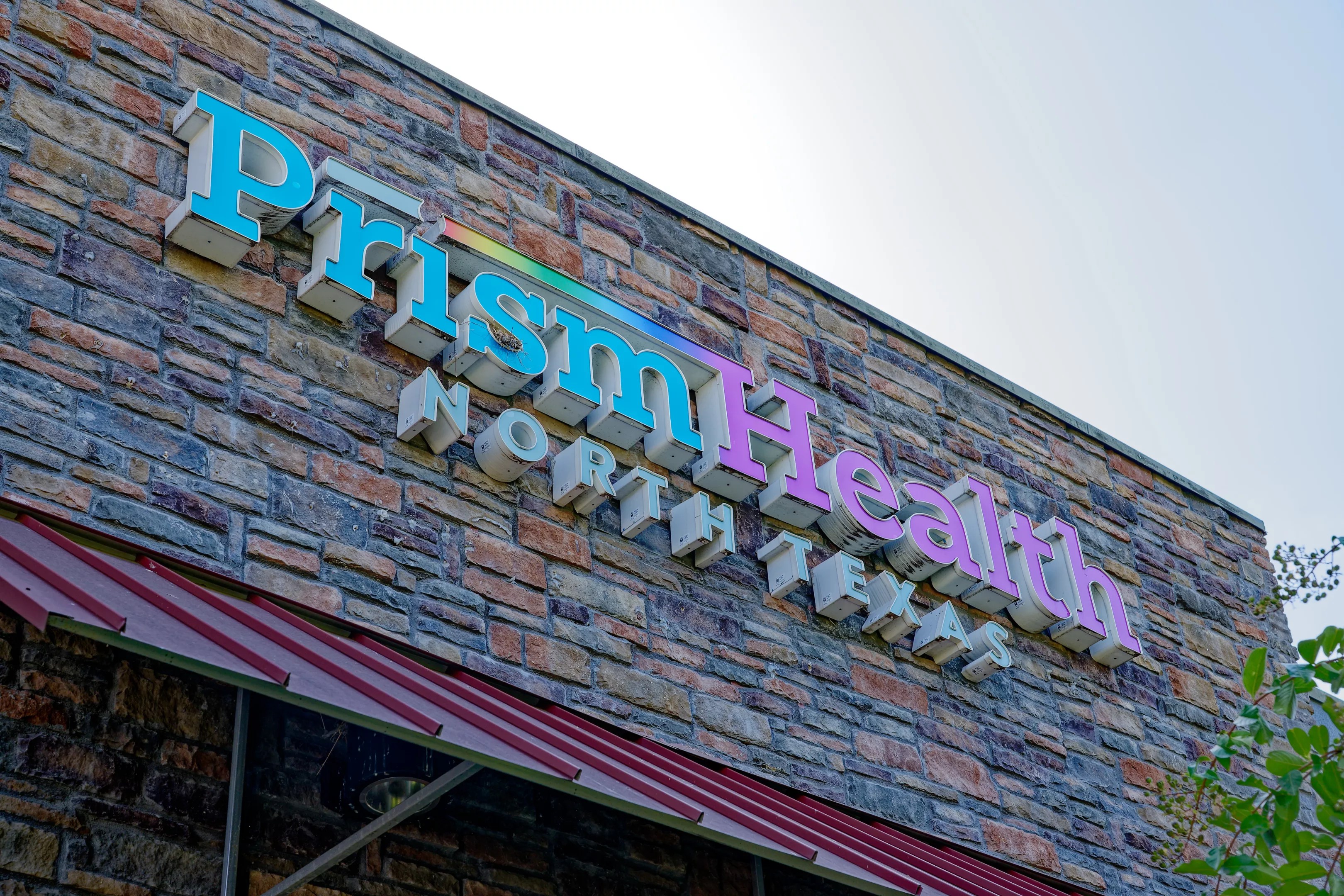
Prism Health North Texas

Audio By Carbonatix
Eleven North Texas healthcare facilities – including five health centers, three dental clinics and three pharmacies – will now be able to provide patients with more affordable care after achieving a new federal designation.
Prism Health North Texas recently received Federally Qualified Health Center (FQHC) look-alike status, which means the 11 facilities can accept Medicare and Medicaid and offer sliding-scale payments based on household income for uninsured patients. The designation also allows Prism to expand its healthcare offerings. The organization’s South Dallas Health Center on Spring Avenue now offers women’s healthcare and pediatric appointments that can be booked in side-by-side time blocks to allow mothers to receive care at the same time as their children.
Kentoria Roberson-White, a family nurse practitioner at the South Dallas clinic, said the new federal designation will “open the doors” for patients who may not have had access to affordable healthcare.
“Most of our patients are below the federal poverty line, so when you live under those conditions, sometimes you don’t feel like healthcare is accessible to you,” Roberson-White told the Observer. “When [my patients] walk in the door they’re not worried about getting a bill when they leave, which is very important.”
Inaccessible and inequitable healthcare has deeply impacted the health of the South Dallas community. The 75210 zip code surrounding Fair Park has a higher infant mortality rate than the rest of the city, and limited access to prenatal care has particularly affected Black and Hispanic parents, Prism reports. The 75215 zip code has the highest rate of chronic disease across Dallas County, and the average life expectancy across both areas is decades below that of northern Dallas neighborhoods, county data shows.
Dallas City Council Member Adam Bazaldua, whose district includes the South Dallas clinic, stated that the area’s barrier to healthcare has “left too many behind.”
“This is a fight that is not new. It’s actually a fight that has been highlighted for decades,” Bazaldua said at a press conference announcing the clinic’s FQHC look-alike status. “In areas like sunny South Dallas where residents face a 22-year life expectancy gap just because of the zip code that [they] live in, this expansion is not just impactful, this is life-changing.”
Prism’s FQHC look-alike status raises the number of Dallas County’s federally supported sites from 23 to 31. Dr. John Carlo, CEO of Prism Health North Texas, said the organization has spent a decade working to meet the requirements of the Health Resources & Services Administration in order to achieve the FQHC look-alike status, which required a two-year application process.
The organization will now work towards full FQHC status, which will unlock additional federal funding, he said.
To prevent financial confusion from becoming a barrier to care, Prism offers Financial navigation services to help patients apply for sliding-scale payments, and English and Spanish Affordable Care Act enrollment help is available to patients who may want to apply for health insurance. For Roberson-White, who began working at the South Dallas clinic in August, that community education is vital so that neighbors are able to take full advantage of the clinic’s new FQHC status.
“Sometimes people just don’t know where to go, so it’s our job to go out and let them know that we’re here,” she said.